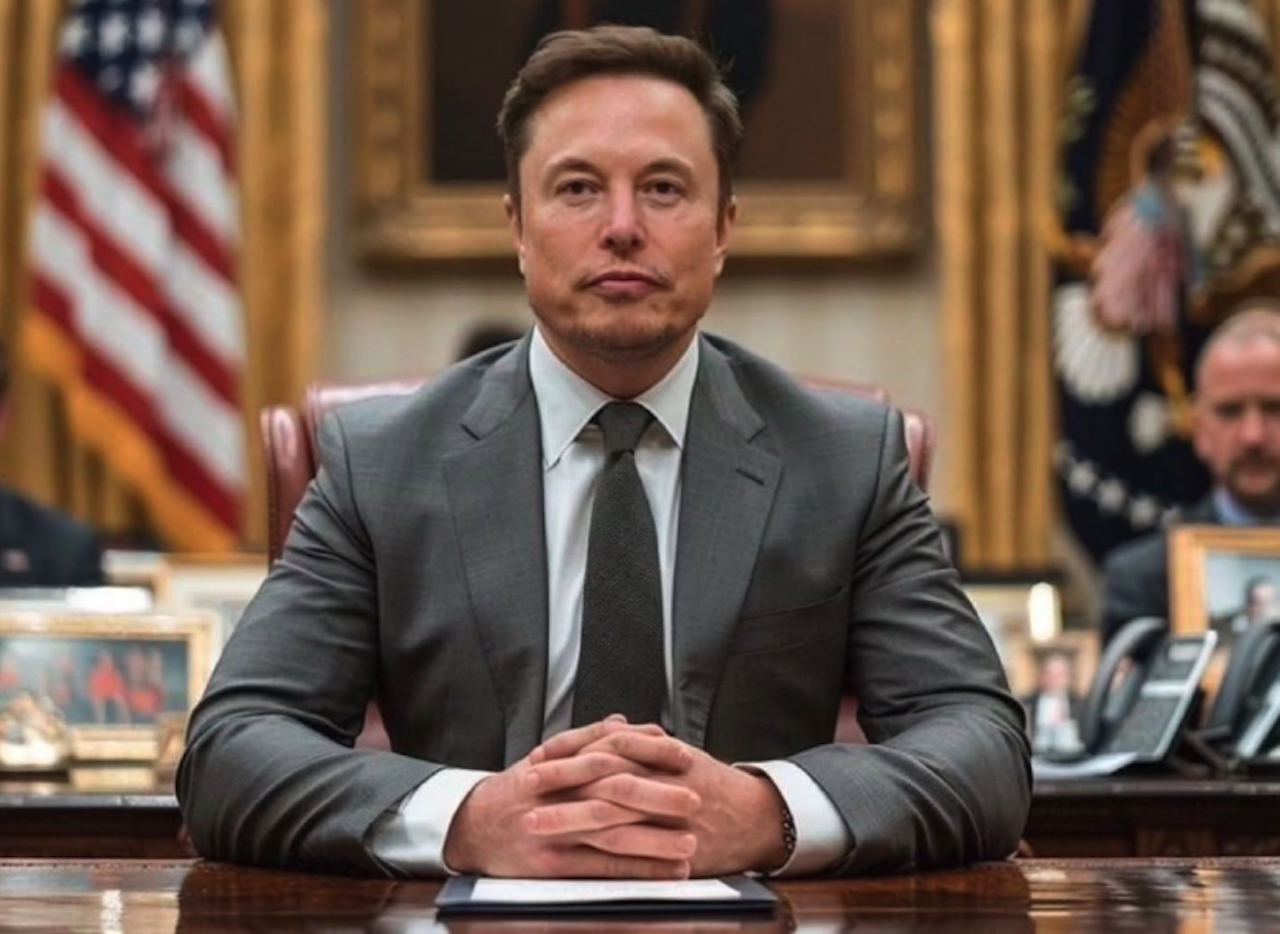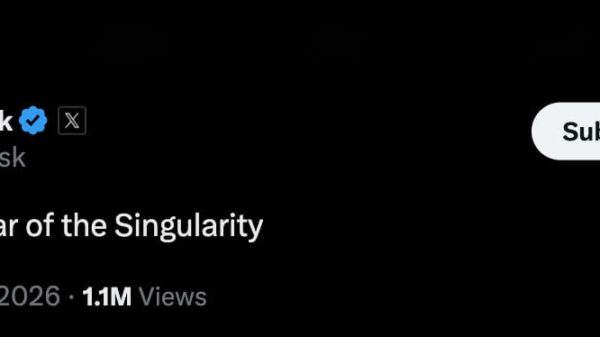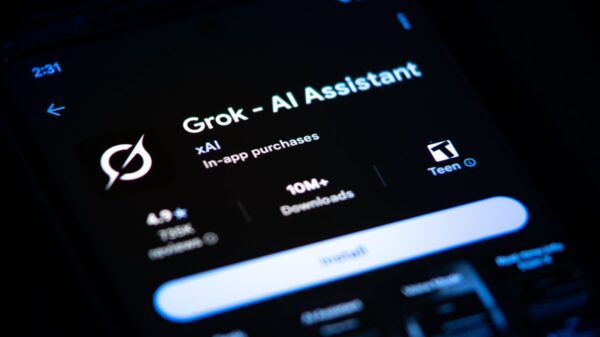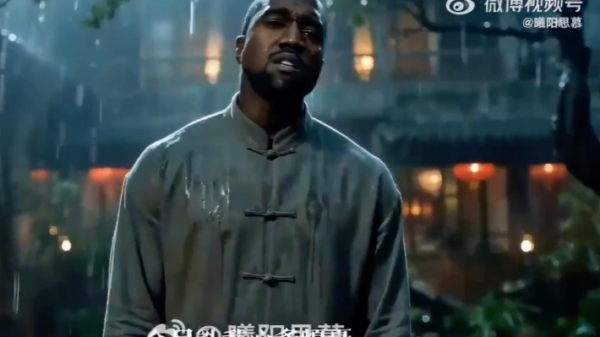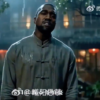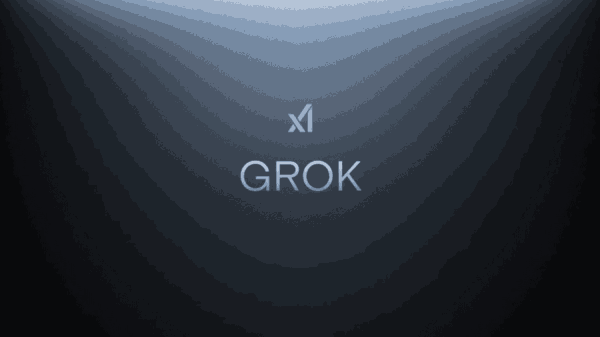A recent academic analysis has raised significant concerns regarding the credibility of Elon Musk’s Grokipedia, revealing that the platform relies heavily on ‘questionable’ sources. This finding casts doubt on the reliability of a resource that many users may turn to for information.
Study Highlights Source Issues in Grokipedia
Researchers from Cornell Tech conducted a study that found Grokipedia contains thousands of citations from sources deemed ‘problematic,’ according to the Philippine Daily Inquirer. Specifically, the report notes that many entries related to politics and conspiracy theories reference far-right, state-backed, or conspiracy-oriented media outlets. This raises significant concerns about the platform’s ability to evaluate source credibility.
One notable example highlighted in the study is the inclusion of citations from media outlets linked to far-right ecosystems and conspiracy-driven platforms. The Inquirer emphasized that there is a higher prevalence of potentially unreliable sources within Grokipedia’s content, which could distort public understanding of crucial issues.
The Risks for Users Seeking Reliable Information
The implications for users are straightforward: if Grokipedia’s entries are built upon inaccurate, biased, or misleading sources, everyday users may unwittingly consume information that lacks a factual basis. This concern is magnified by Grokipedia’s ambition to serve as a universal knowledge resource. The study’s authors noted that ‘sourcing guardrails have largely been lifted on Grokipedia.’
While the platform aims to present accurate knowledge, its current sourcing practices may mislead users, especially those seeking trustworthy references.
AI Training and the Potential for Information Loops
The researchers cautioned that the repercussions may extend beyond Grokipedia itself. Analysts suggest that if xAI employs Grokipedia as a training resource for its AI models, any flawed citations could adversely influence future AI behavior. A recent commentary from Le Monde highlighted the risk of creating a dangerous feedback loop wherein AI systems learn from unreliable citations, reinforcing them as established knowledge. Such a cycle may shape an information landscape dominated by a singular ideological perspective.
Contrasting Grokipedia with Wikipedia
Despite the visual similarities to Wikipedia, Grokipedia lacks the same level of editorial discipline. Wikipedia enforces community-led verification and strict sourcing rules, while Grokipedia does not. According to findings reported by TechXplore, entries that diverge from Wikipedia are 3.2 times more likely to cite ‘generally unreliable’ sources and 13 times more likely to include ‘blacklisted’ sources. This discrepancy underscores a critical issue: the visual familiarity of Grokipedia may create a false sense of reliability unsupported by its sourcing practices.
Responses from xAI and Musk
When approached for a comment, xAI issued a brief statement, asserting: ‘Legacy Media Lies.’ Meanwhile, Elon Musk characterized Grokipedia’s mission as delivering ‘the truth, the whole truth and nothing but the truth.’
Expert Opinions on Bias and Transparency
Digital knowledge experts have voiced concerns that Grokipedia’s opaque editorial process could erode public trust in the platform. Selena Deckelmann, Chief Product and Technology Officer at Wikipedia, has previously emphasized that community scrutiny is vital for maintaining neutrality. Without similar transparency, platforms like Grokipedia risk amplifying individual or ideological biases.
Historians and academicians have also warned that automated outputs might inadvertently favor specific worldviews over others, raising questions about the platform’s broader impact.
Implications for Public Understanding
If Grokipedia becomes a widely referenced platform yet continues to utilize weak or fringe sources, the consequences could be profound. Users might unknowingly accept disputed claims as facts, undermining the credibility of the information they consume. Analysis from PolitiFact suggests that some entries deviate from Wikipedia’s verified content, heightening the risk of misinformation proliferation.
Given Musk’s growing influence in AI and global digital infrastructure, experts are urging Grokipedia to adopt clearer sourcing standards, enhance transparency, and implement greater human oversight. Without reforms, the platform could become a conduit for misinformation, emphasizing that the credibility of AI-generated knowledge tools relies on the strength, rather than the convenience, of their sources.
 Perplexity CEO Aravind Srinivas Addresses AI Job Loss Fears, Emphasizes Human Connection
Perplexity CEO Aravind Srinivas Addresses AI Job Loss Fears, Emphasizes Human Connection OpenAI Reveals Em-Dash Fix in ChatGPT, Enhancing Corporate AI Writing Authenticity
OpenAI Reveals Em-Dash Fix in ChatGPT, Enhancing Corporate AI Writing Authenticity Taiwan NSB Warns of Data Breaches and Bias in Chinese AI Apps Deepseek, Doubao, and More
Taiwan NSB Warns of Data Breaches and Bias in Chinese AI Apps Deepseek, Doubao, and More Ross Gerber Calls for Apple Leadership Change, Recommends Google Gemini AI to Replace Siri
Ross Gerber Calls for Apple Leadership Change, Recommends Google Gemini AI to Replace Siri Mutual Insurers Embrace AI and Partnerships to Bridge Performance Gaps Amidst Change
Mutual Insurers Embrace AI and Partnerships to Bridge Performance Gaps Amidst Change





















































